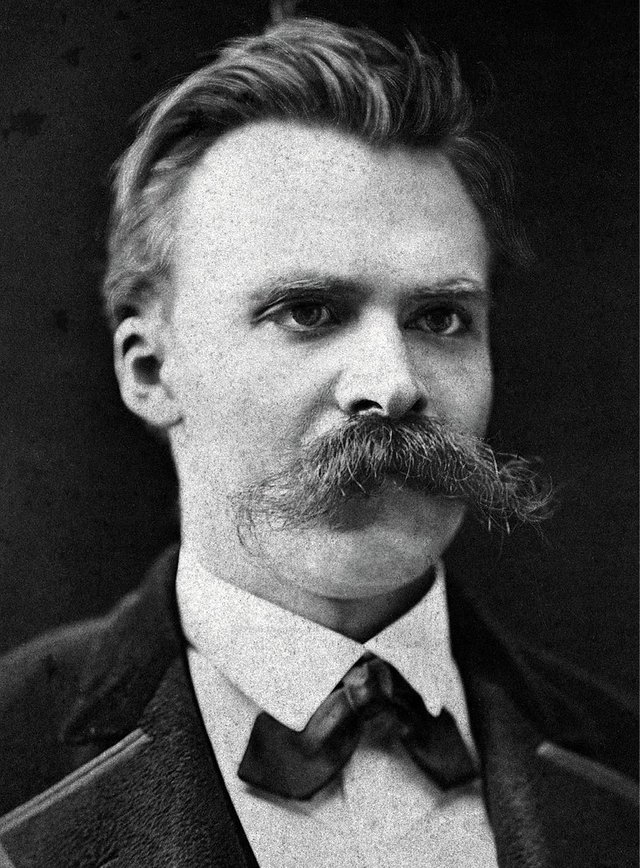Knowledge is Power (23) - Nietzsche's Godless Morality
Friedrich Wilhelm Nietzsche (1844 - 1900) was a German philosopher whose work had a profound influence on Western philosophy and modern history.

The concept that morality is an ideology is also found in Nietzsche's work, along with other remarkable works, like the Godless Morality.
Nietzsche believed that the natural form of ethical evaluation is that of excellence of merit. People who excel, who have merits we admire, have a kind of natural nobility.
While in the previous ethical theories moral goodness is a kind of healthy function of the human being, in Nietzsche's view, the human condition is one of illness. He argued that this profound illness is to be found mostly in religion. Eastern religions seek only release from life, so they are nihilistic, and Western religions are hostile to life, promising the eternal torture.
According to him, in the pre-human condition, people distinguished by their strength, vitality, courage, formed a kind of natural nobility or aristocracy. They got their own way through the exercise of power. Eventually the masses were subdued by the nobility and civil society began.
A necessary condition of society is a system of exchange, which requires that values be placed on things. Here is the origin of human rationality, in the reckoning of values and equivalences.
At this point, the human community is subdued, but did not lost its animal instincts. The discharge of the urges of power is still a necessity, but bound by obligations, therefore the social man is unable to continue in his wild ways.
The urge of power is directed inwards, as it has to go somewhere.
Thus the sickness of the modern human being is self-inflicted.
The conclusion of his theory is that humans are fatally flawed: we have made ourselves what we are, and there is no turning back to the days before the rationality leveled the chief distinctions among us.
The only hope is the development of a new form, an "overman", to go beyond the rigid moral categories of good and evil which have grown up around from within us.

This post is a part of my series "Knowledge is Power". In case you missed the previous articles, you can read them here:


